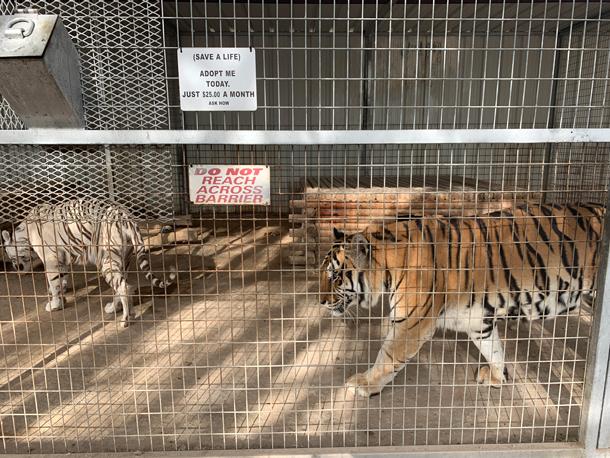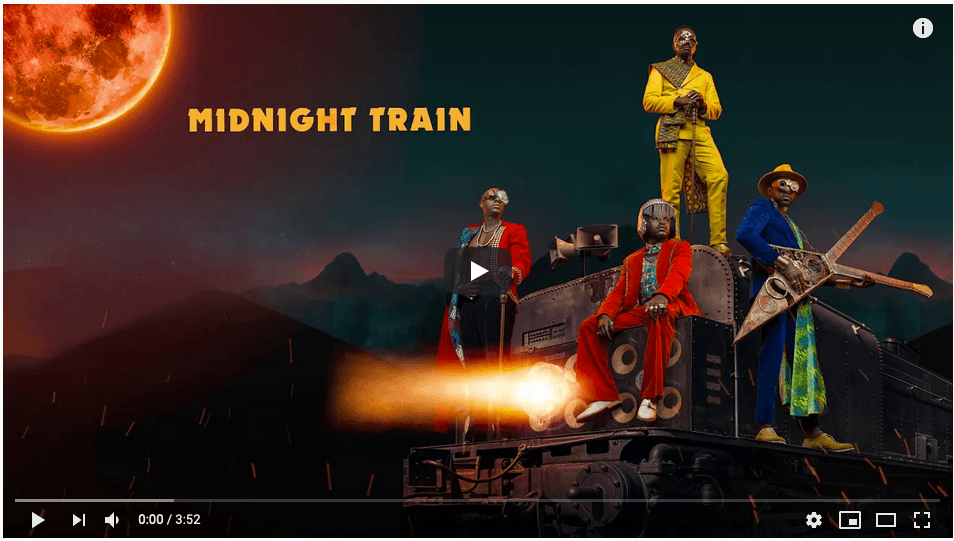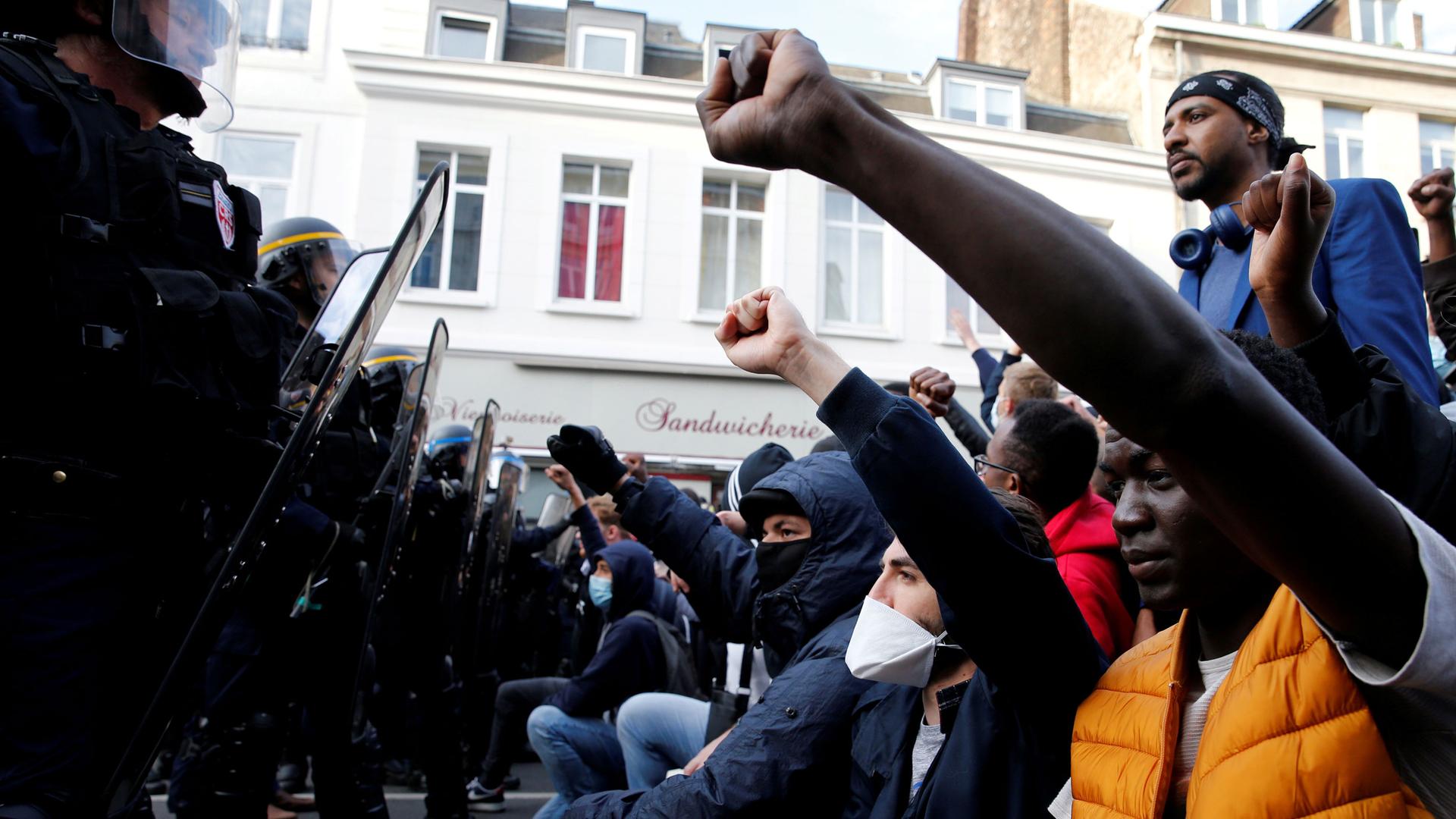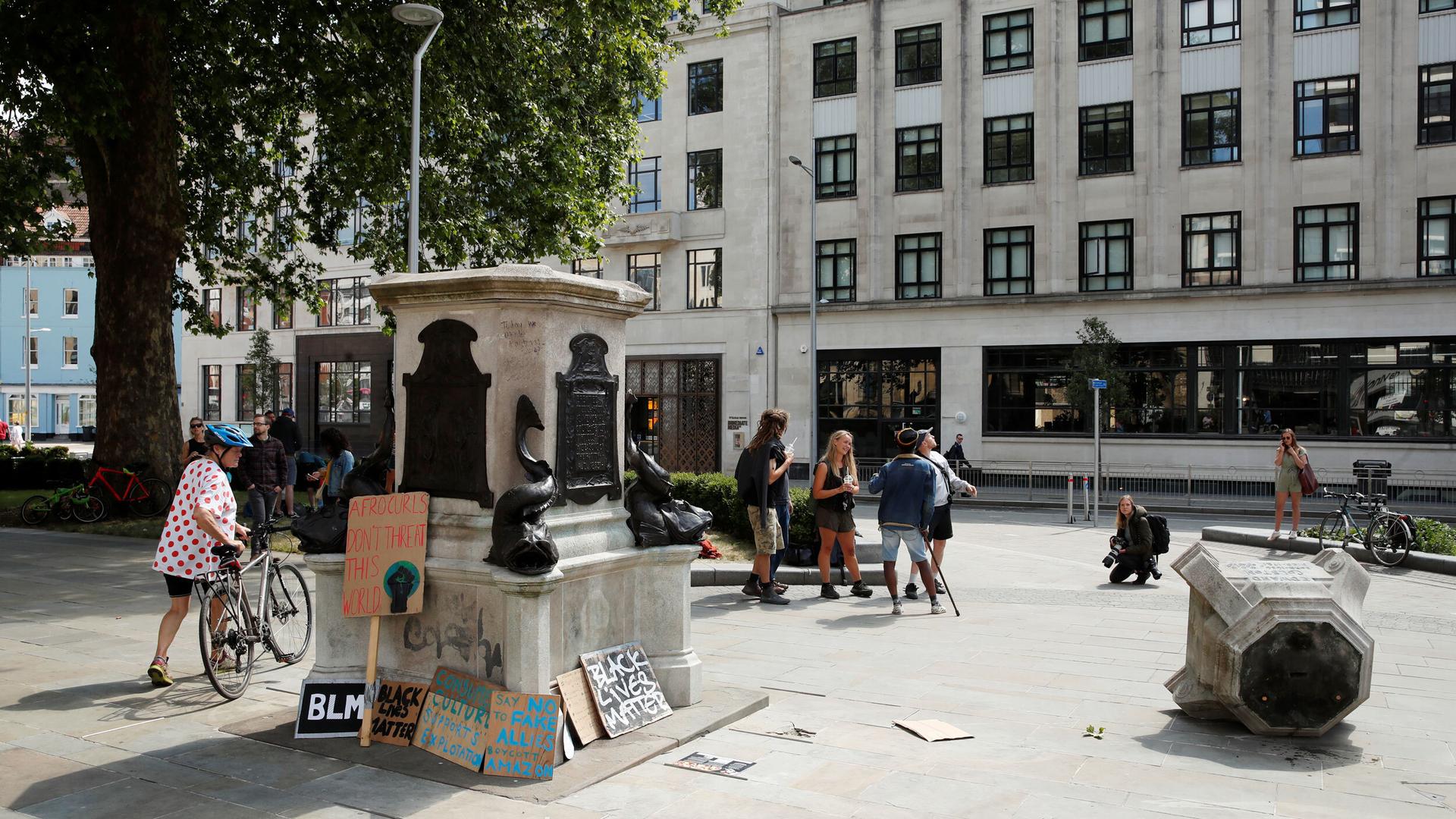Symbols of ‘racist past’ topple amid global BLM protests; New Zealand reports no active COVID-19 cases
The area where the statue of Edward Colston stood is seen, after protesters pulled it down and pushed into the docks, following the death of George Floyd, Bristol, Britain, June 8, 2020
Top of The World — our morning news round up written by editors at The World. Subscribe here.
Confederate statues in the US have been toppled or defaced as protesters across the country demand a nationwide reckoning on systemic racism. The Black Lives Matter demonstrations and civil unrest around the world following George Floyd’s killing by police officers in Minneapolis has pushed officials to hasten the removal of Confederate and other controversial “artworks that gild the system” and remain “vestiges of a racist past.”
The outrage has brought about a similar reckoning in other countries, as well. In Bristol, England, a statue of Edward Colston, a British slave trader, was toppled and pushed into the docks on Sunday. Some 30,000 people in Belgium have signed petitions to remove statues of King Leopold II, the country’s colonial-era ruler who decimated Congo, enslaving and killing millions of people in the late 1800s.
The moment harkens back to historic images in recent memory, such as dismantling monuments to Joseph Stalin, Saddam Hussein and others. From 2017, The New York Times looks at a visual history of iconoclasm.
What The World is following
A majority of Minneapolis City Council members said they will “begin the process of ending the Minneapolis Police Department.” Mayor Jacob Frey said he supports reform over dismantling. Abolishing the police has been one of several demands from some protesters, but a debate over the future of policing in the US may turn to examples from elsewhere. One potential example is the Independent Commission on Policing for Northern Ireland. Born out of the Good Friday Peace Agreement and extensive community outreach, the commission has some success changing the composition and culture of the police force, though many argue more needs to be done.
New Zealand Prime Minister Jacinda Ardern said she did “a little dance” upon learning there were no active cases of COVID-19 in the country. New Zealand has moved to the lowest of a four-tier alert system ahead of schedule, allowing businesses to reopen and no longer requiring social distancing. However, borders will remain closed to foreigners.
That success is not matched in Brazil, where the capital of Brasilia has become the newest hotspot for the virus.
From The World & Living on Earth
US may be violating international law in its response to protesters, UN expert says

International human rights advocates observing how the US is handling the protests have said the US may be violating international law. The World spoke to UN Special Rapporteur Agnes Callamard on the use of force by US police: “At least on the basis of the videos that I have watched and the reporting that I have read, there appears to be repeated violations of international law — in particular of two principles that should guide the use of force by police in terms of handling protest: necessity and proportionality.”
Also: Former CIA analyst sees parallels between Trump protest response and social unrest abroad
Big cat ownership in the US is a big problem

“Tiger King,” the Netflix documentary series about the infamous tiger breeder Joe Exotic, has taken America by storm. But while the show may be entertaining to some, its subject is highly problematic: Private big cat ownership in the US is dangerous and the animals suffer greatly for the success or pleasure of their owners.
Global Hit
Singing in Swahili, Luhya, Dholuo and English, award-winning group Sauti Sol from Kenya recently dropped their newest album. The group “pride[s] themselves on storytelling as an East African tradition that permeates music from that region.“

In case you missed it
Listen: Protesters worldwide face controversial police tactics

The tactics used by police forces to control protesters around the world over the death of George Floyd have included the use of rubber bullets and tear gas. Use of those instruments may violate international law, experts say. And, one of the world’s most prestigious medical journals, The Lancet, has retracted a scientific article about the effects of hydroxychloroquine in treating COVID-19. Plus, following months of a liberal approach to social distancing, the Swedish government announced last month that summer camps are allowed to open this season under certain guidelines.
Don’t forget to subscribe to The World’s Latest Edition podcast using your favorite podcast player: RadioPublic, Apple Podcasts, Stitcher, Soundcloud, RSS.
